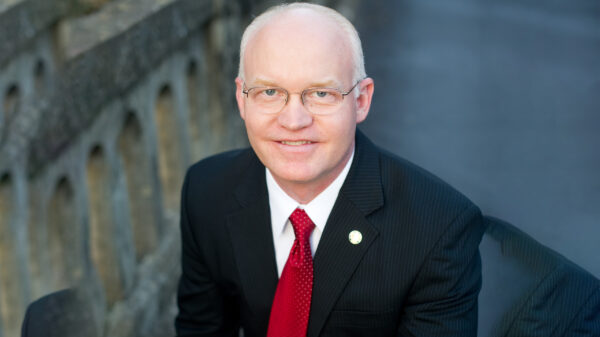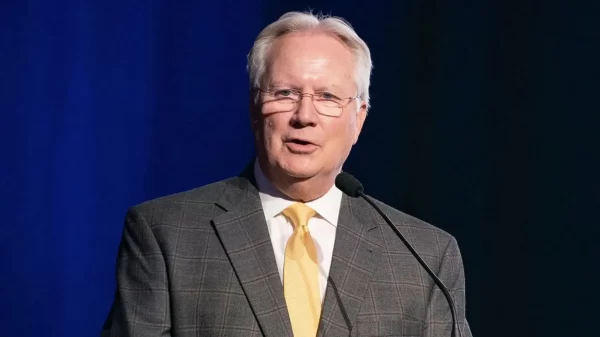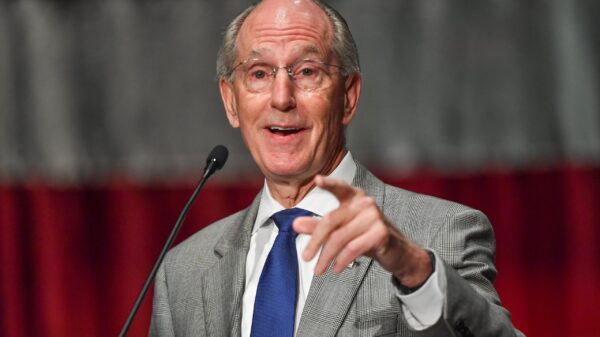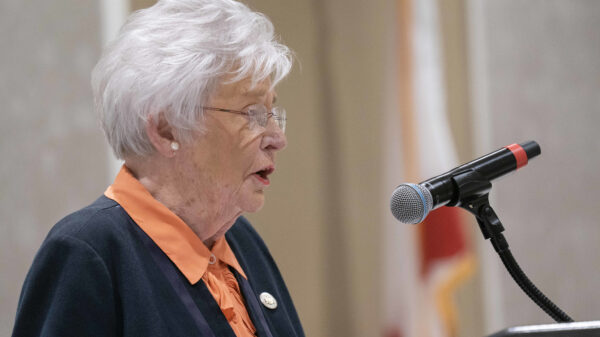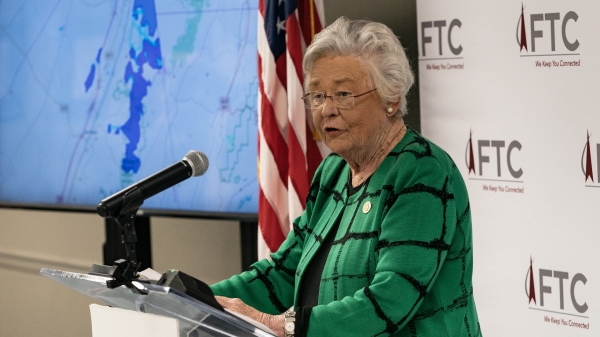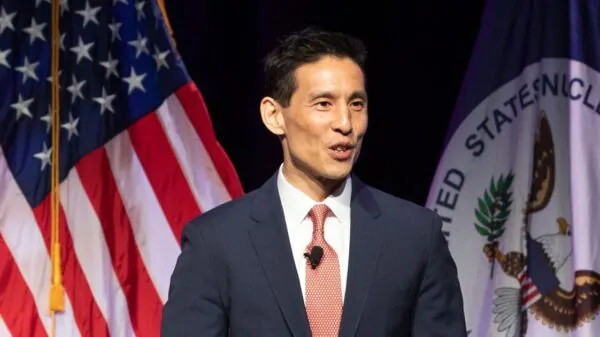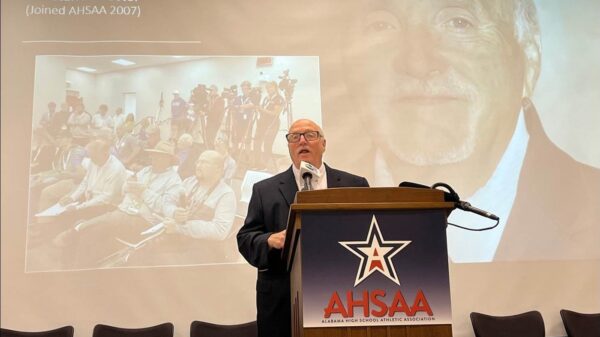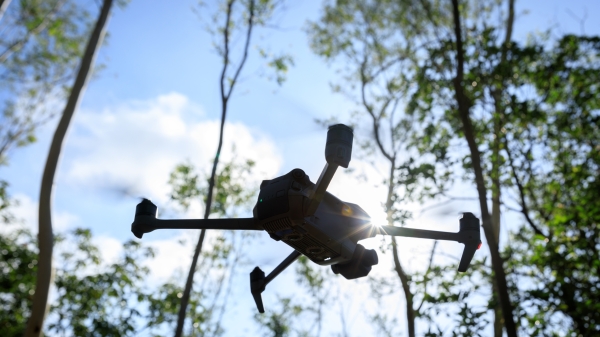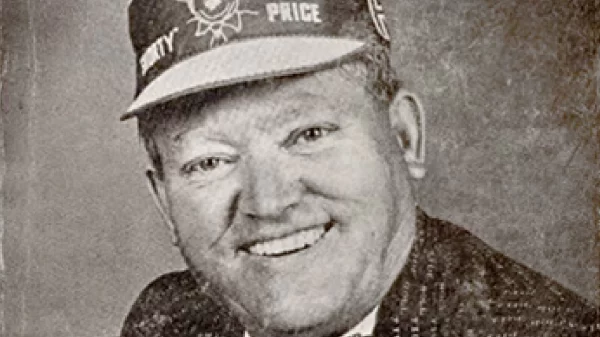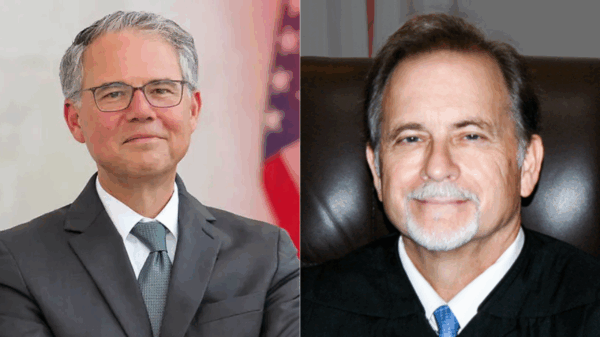GreeneTrack Entertainment Center closed its doors on Tuesday and is unlikely to reopen, GreeneTrack CEO Nat Winn told APR.
Winn informed employees last week that after a recent ruling by the Alabama Supreme Court, which forced the venue to pay a tax rate of more than 100 percent on electronic bingo machines, GreeneTrack is losing money and can no longer afford to remain open. Winn plans to surrender the track’s pari-mutuel license in the coming days.
In letters sent to the Alabama Department of Revenue and the Greene County Racing Commission on Jan. 16, Winn noted the unfairness of the ruling, which ignored precedent and protocol and has left GreeneTrack paying a much higher tax rate than other Greene County electronic bingo casinos.
Winn’s letter stated that GreeneTrack has retained two law firms and is considering filing a federal lawsuit in the coming days, alleging that the state is treating GreeneTrack differently because it is the only Black-owned gambling establishment in Alabama.
“My gut reaction was to think that this (the ALSC’s ruling) was totally racially motivated,” Winn wrote. “I hoped I was wrong but there is evidence to prove it. Case in point: There are five bingo facilities in Greene County but only one is totally owned and operated by African Americans and that is GreeneTrack. When GreeneTrack’s attorneys and I met with the Department of Revenue, they stated that every bingo facility would be subjected to the same tax. However, none of the other facilities have been assessed with the tax and are thriving.”
Two sources told APR this week that officials from the Alabama Department of Revenue have recently met with the owners of at least two other Greene County casinos in recent days to inform them that they’ll be forced to pay a higher tax rate.
Asked about the claims from Winn, a spokesperson for the Revenue Department told APR that all Greene County casinos will pay the same tax rate.
In an effort to stay open after the ALSC ruling in July, which reinstated a controversial $106 million tax bill against the track, GreeneTrack officials removed all of the electronic bingo machines and replaced them with historical horse racing machines. Those machines operate similar to slot machines and electronic bingo machines but rely on previously-run horse races.
But historical horse racing machines are newer and function a bit differently, making customers less likely to play them when the familiar electronic bingo machines are available. With four other casinos in Greene County all operating the standard electronic bingo machines, pulling in customers accustomed to the machines, and apparently paying a different tax rate, GreeneTrack couldn’t compete.
In his letter to the Commission, Winn said that GreeneTrack was losing “hundreds of thousands of dollars” each month in addition to paying out more than $1.6 million to satisfy its outstanding tax debt.
“As an employer who cares about the livelihood of its employees, it is my wish to remain open until the end of January,” Winn wrote, “but financially, we simply may not be able to.”
The closure will put nearly 100 employees out of work in one of the state’s poorest counties. It also once again leaves the state’s poorest citizens paying the price for state gambling laws that are confusing, unclear and debated at essentially all levels of government.
On Monday, VictoryLand president Lewis Benefield said he also would be forced to lay off dozens of workers after a different Alabama Supreme Court decision left his casino facing legal hurdles. Benefield, like Winn and many of the citizens in Greene and Macon counties, believe they have every right to operate electronic bingo machines – their counties properly passed constitutional amendments, after all – but they’ve grown weary of the constant fights and threats from some state officials.
In the end, both Winn and Benefield said they simply want to run legal businesses and be treated the same as other businesses, including those that are currently operating the same electronic bingo games. They would also like the laws to be cleaned up and for Alabama to pass meaningful gaming legislation that finally puts the issue to rest.
They appear to have an ally, at least on the matter of passing meaningful legislation. Gov. Kay Ivey said last year that her biggest regret of the 2022 legislative session was that a comprehensive gaming bill didn’t pass and she appears poised to push lawmakers to pass a bill this year.
“The governor has said all along that Alabama voters deserve an opportunity to vote on the matter and that a comprehensive solution to control all forms of gambling is in the best interest of the state,” Ivey’s spokeswoman Gina Maiola said in a statement. “(The GreeneTrack tax issue) referenced is further evidence of a broken, piecemeal system in need of transformational overhaul.”


